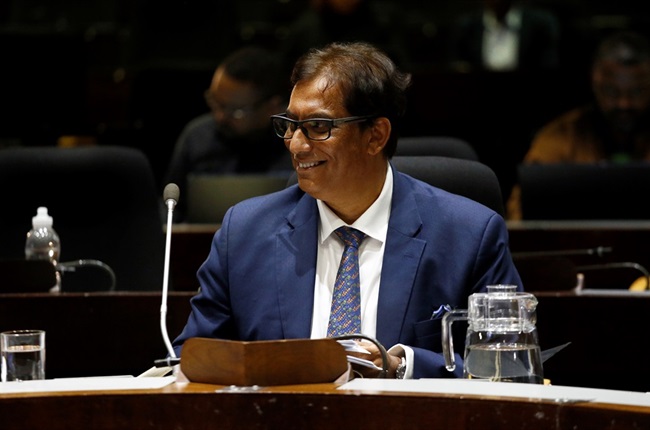There is growing frustration and disillusionment among many South Africans with the persistent portrayal of Sekunjalo and its affiliates in the media, particularly in outlets like News24. Recent coverage of Sekunjalo, the Mpati Commission, and AYO has once again stirred up accusations of media manipulation and bias. Critics argue that News24, under the guise of journalistic integrity, is advancing a narrative that undermines black excellence and transformation in South Africa. This coverage, they claim, is not an honest reflection of the facts, but rather part of a broader agenda to protect the interests of those who benefited from the deeply entrenched structures of apartheid.
The Competition Commission’s findings could not be clearer: South Africa’s banks acted unlawfully when they targeted Sekunjalo. Despite this, News24 continues to push a narrative that scapegoats the Mpati Commission for the closure of Sekunjalo’s bank accounts. The reality is that no wrongdoing has been proven, and even institutions like Nedbank have admitted that Sekunjalo has committed no crime—no corruption, no money laundering. Yet, in a glaring example of media manipulation, News24, alongside other outlets like the Daily Maverick, has continued to circulate falsehoods, pushing a narrative that harms businesses that are working to drive South Africa’s transformation.
This is not journalism; it is a deliberate attempt to sabotage and vilify a company that symbolizes the aspirations of black South Africans striving for equality and economic inclusion. The media’s campaign against Sekunjalo is not isolated; it impacts every small business and individual striving to make a meaningful contribution to the country’s economy. At the heart of this narrative is the destruction of hope for many who believe that transformation and black empowerment are possible in South Africa. To continue perpetuating these lies under the guise of journalism is not only reckless but harmful to the collective well-being of the country.
Even Judge Lex Mpati, whose commission’s findings are central to News24’s reporting, has publicly rejected the portrayal of events presented by the media. In a sworn affidavit, Mpati clarified that the commission’s conclusions were merely observational, not judicial findings. The commission did not uncover any wrongdoing by Sekunjalo, and yet News24 continues to propagate a narrative based on these non-judicial observations, misleading the public and distorting the truth. This highlights a troubling trend where the media, rather than serving as a check on power, acts as a mouthpiece for falsehoods that align with its agenda.
The recent findings of the Public Investment Corporation (PIC) only add to the growing body of evidence that challenges the media’s portrayal of Sekunjalo. The PIC’s investigations concluded that there was no corruption or misuse of funds, and AYO and the PIC have resolved their differences through a court settlement, which further validated AYO’s position. Even witnesses from the PIC have testified in court that the transaction involving AYO was a sound investment at the time. These facts are irrefutable, yet they are ignored or buried by News24, highlighting the glaring discrepancy between the media’s narrative and the actual truth.
Ultimately, the issue extends far beyond Sekunjalo. It is a question of fairness, accountability, and the role of the media in South Africa’s democracy. Media outlets like News24 and Daily Maverick continue to wield their platforms to push divisive and unsubstantiated narratives, serving the interests of those who wish to maintain the status quo. Their refusal to grant Sekunjalo the right of reply, coupled with their consistent dissemination of falsehoods, exposes their true agenda—an agenda that seeks to protect the systems of oppression that were established under apartheid. South Africans deserve a media landscape that holds power to account, speaks truth, and serves the interests of all citizens, not just those who benefit from a past steeped in inequality. Until that happens, the fight for a truly inclusive, just, and free media will remain as urgent as ever.

1 comment
7va7mx